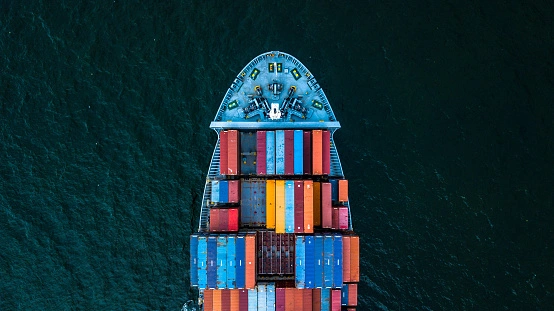Navigating European Union customs regulations can seem daunting, but understanding the key requirements and procedures will help ensure your parcels clear customs smoothly and reach their destination without unnecessary delays or charges.
Essential Customs Documentation
Proper documentation is the cornerstone of successful customs clearance. Every shipment to the EU requires a detailed customs declaration that accurately describes the contents, their value, and country of origin. At Polimark Shipping, we ensure all documentation is completed correctly, but understanding what's required helps you prepare your shipment properly.
The commercial invoice is perhaps the most critical document. It must include a detailed description of each item, the quantity, the unit value, and the total value in the destination country's currency. Vague descriptions like "gift" or "personal items" can lead to delays and additional scrutiny from customs officials. Be specific – instead of "clothing," specify "cotton t-shirts" or "wool sweater."
Understanding Duties and VAT
The European Union has specific thresholds for duties and Value Added Tax (VAT) that vary by country. Generally, gifts valued under €45 are exempt from both duties and VAT, while commercial shipments face different rules. Items valued between €45 and €150 are subject to VAT but may be exempt from customs duties. Shipments over €150 typically incur both VAT and duties.
It's important to note that these thresholds and rates can change, and some countries within the EU may have specific exemptions or additional requirements. Our customs brokerage team stays current with all regulations and can help calculate potential charges before you ship, eliminating surprises for your recipients.
Prohibited and Restricted Items
The EU maintains strict lists of prohibited and restricted items. Prohibited items include certain foods, plants, weapons, and hazardous materials. Restricted items may require special permits or licenses – these include medications, electronics, and certain textiles. Before shipping, always verify that your items are permitted in the destination country.
Some surprising items are restricted or prohibited. For example, many food items, even packaged goods, cannot be shipped to the EU due to agricultural regulations. Personal care products containing certain ingredients may require special documentation. When in doubt, our team can verify whether your items are acceptable for shipping.
Tips for Smooth Customs Clearance
Accurate valuation is crucial for customs clearance. Under-declaring values to reduce duties is illegal and can result in seizure of your shipment and penalties. Always declare the true market value of your items. If shipping used items, declare their current market value, not what you originally paid.
Packaging can also affect customs processing. Clear, professional packaging with proper labeling helps customs officials quickly identify and process your shipment. Include packing lists and ensure all documentation is securely attached to the outside of your package.
Professional Customs Clearance
At Polimark Shipping, our experienced customs brokers handle all clearance procedures for you. With over 30 years of European shipping experience, we know how to navigate the complexities of EU customs regulations, reducing delays and ensuring compliance with all requirements.

